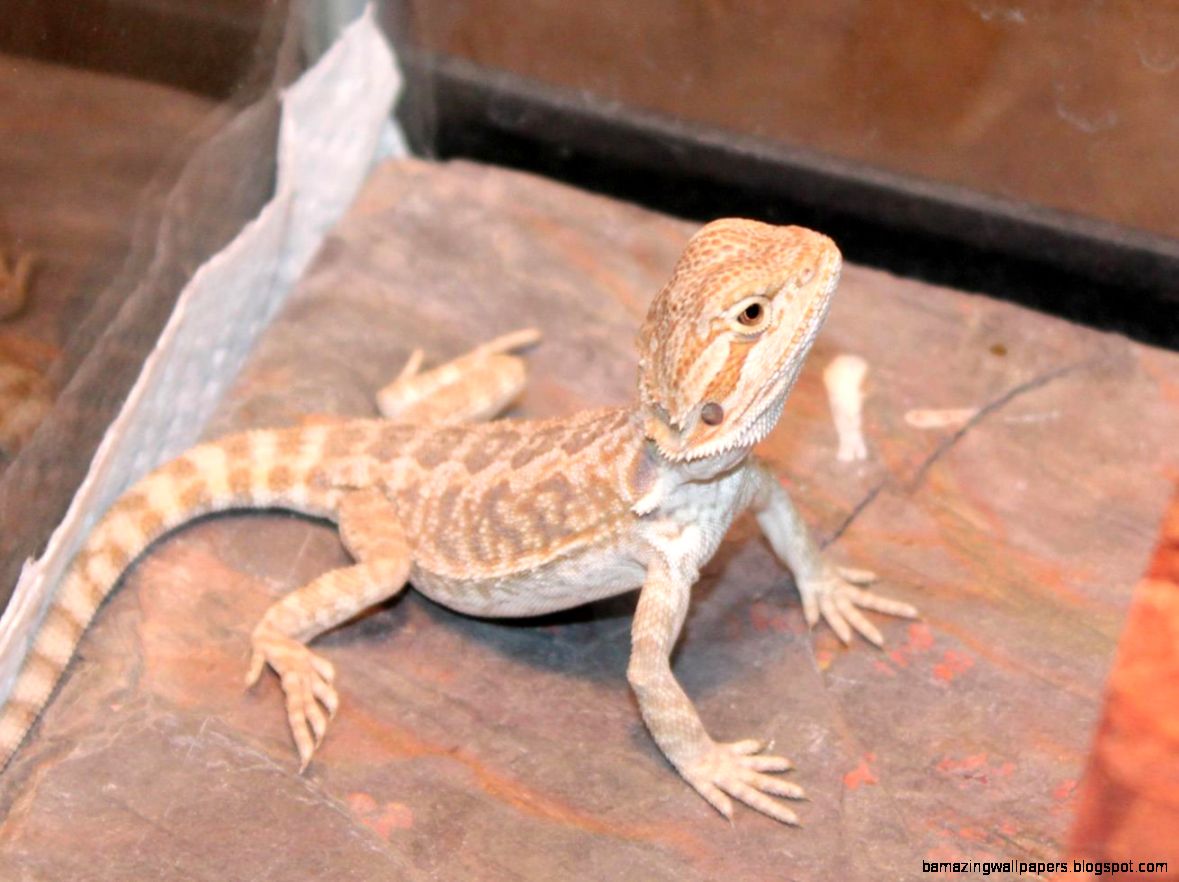Understanding Bearded Dragon Parasites: Symptoms, Treatment and Prevention
Introduction
If you are a proud owner of a bearded dragon, then you probably know that they are low-maintenance and friendly pets to have. However, taking care of a bearded dragon requires more than just feeding it and providing it with a suitable habitat. You should also be aware of potential health problems that your pet may encounter, such as parasites. This blog post will provide you with all the information you need to know about bearded dragon parasites, their symptoms, treatment options, and prevention measures.
What are Bearded Dragon Parasites?
Bearded dragon parasites are any type of organism that invades the body of your pet bearded dragon and feeds off its internal organs or blood. There are different types of parasites that a bearded dragon can encounter, but the most common ones are mites, ticks, and internal parasites such as intestinal worms.
Symptoms of Bearded Dragon Parasites
Like any health condition, it is important to know the symptoms and early signs of bearded dragon parasites. Some of the most common symptoms of bearded dragon parasites include:
- Lethargy and weakness
- Weight loss
- Loss of appetite
- Bloated or distended stomach
- Irritation or scratching
- Increased urination
- Diarrhea or constipation

If you notice any of the above symptoms, it is important to take your bearded dragon to the veterinarian as soon as possible. Prompt treatment can prevent the condition from worsening and causing irreparable harm to your pet.
How to Treat Bearded Dragon Parasites?
The treatment for bearded dragon parasites depends on the type of parasite and the severity of the infestation. It is important to consult a veterinarian to determine the best course of action for your pet. Some common treatments for bearded dragon parasites include:
- Topical ointments to treat external parasites such as mites and ticks
- Deworming medication to eliminate internal parasites such as intestinal worms
- Antibiotics or other medications to treat secondary infections that may occur as a result of the infestation

Your veterinarian may also recommend changes to your bearded dragon’s diet or habitat to improve its general health and reduce the risk of reinfestation.
Prevention Measures for Bearded Dragon Parasites
As the saying goes, prevention is better than cure. There are several measures you can take to prevent your bearded dragon from encountering parasites in the first place. Here are some tips to keep in mind:
- Keep your bearded dragon’s habitat clean and free of debris or fecal matter
- Feed your bearded dragon a balanced and nutritious diet
- Quarantine any new bearded dragons or pets before introducing them to your pet’s habitat
- Regularly inspect your bearded dragon for signs of parasites
- Consult your veterinarian regularly for routine checkups and parasite screenings

By following these simple steps, you can keep your pet bearded dragon healthy and free from parasites. Remember, early detection and treatment are crucial to ensuring the best possible outcome for your pet’s health.
Conclusion
Bearded dragon parasites can be a challenging health issue to deal with, but with the right knowledge and care, you can help your pet overcome the condition and stay healthy in the long run. Whether you are a new or experienced pet owner, it is always important to stay informed about the latest trends and developments in pet care to provide the best possible life for your beloved companion.

